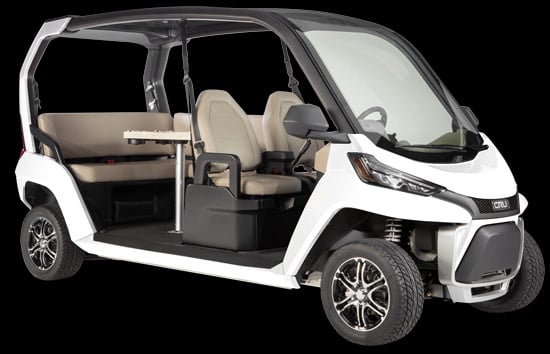Fuck Cars
A place to discuss problems of car centric infrastructure or how it hurts us all. Let's explore the bad world of Cars!
Rules
1. Be Civil
You may not agree on ideas, but please do not be needlessly rude or insulting to other people in this community.
2. No hate speech
Don't discriminate or disparage people on the basis of sex, gender, race, ethnicity, nationality, religion, or sexuality.
3. Don't harass people
Don't follow people you disagree with into multiple threads or into PMs to insult, disparage, or otherwise attack them. And certainly don't doxx any non-public figures.
4. Stay on topic
This community is about cars, their externalities in society, car-dependency, and solutions to these.
5. No reposts
Do not repost content that has already been posted in this community.
Moderator discretion will be used to judge reports with regard to the above rules.
Posting Guidelines
In the absence of a flair system on lemmy yet, let’s try to make it easier to scan through posts by type in here by using tags:
- [meta] for discussions/suggestions about this community itself
- [article] for news articles
- [blog] for any blog-style content
- [video] for video resources
- [academic] for academic studies and sources
- [discussion] for text post questions, rants, and/or discussions
- [meme] for memes
- [image] for any non-meme images
- [misc] for anything that doesn’t fall cleanly into any of the other categories
Recommended communities:
view the rest of the comments

Been busy, took me a day to look into your post.
Okay so call it what you want but a group of people all working for the same company and it being the only real source of income for the town is a company town. Don't gild the pig. But for arguments sake lets look at your Deadwood example. Are you suggested that we should go back to small scale wildcat mining? If so that sounds even worse than company towns. I have lived in areas with the environmental legacy of that and it is still a problem. Not that this could happen due to the kind of regulatory compliance required for mining operations. The number of laws and administrative agencies that would have to change for that kind of mining to happen again is numerous. Oh and did you see the deforestation in those pictures? I think we should keep some of that regulation.
As for the "centrally located services" you did say that in a reply to someone else. I didn't put words in your mouth.
And here is the link to your post too https://sh.itjust.works/comment/9190403
Okay so you got me a little on the drive time. I was a little optimistic on my estimate. The longest drive time between two cities I could easily find is El Paso to San Antonio which is 8 hours so if you live right in the middle of the interstate. You would have an 8 hour round trip. Still too long for milk. Now you are going to say what about the towns in-between? Don't worry we will get to that.
Thank you for your source on energy use I went and read the article. I think we should look at the quote you sourced in context. Here is the paragraph you pulled from and the preceding one.
As we can see the first thing said is this "self reported and unscientific" that seems like a big problem to me. Let's work with it though. The next thing I see is that you cut the quote about annual energy uses short. Looking at the whole quote we can clearly see that rural areas are the second most efficient, with towns and suburbs being worse. This feels like you are trying to cherry pick data.
It took me a little bit to find the source of this data, but I did. It is from 2005. Seem to me 20 year old data is maybe not the best source. Additionally it doesn't actually address the point I made on this. This article is talking about energy use of household not of the additional infrastructure required for cities that is not required in the rural environment.
So let's get back to this distance between cities thing. I said "All of your proposals seem to require longer drives not shorter ones. " To which you replied "Suuuuuuure...." This seems like ad hominem, but let's look into that. I went and looked up what a rural area was and this is no clear definition but the federal government uses populations of between 2500 and 50,000 depending on agency. Let's split that and choose the middle number 25,000. This means that a state like Wyoming would lose all but the 4 largest cities. That seems like that could extend drive time to me. (See we got back to it) Oh as you have said you you want people to live in more built up areas. That would require people moving from less built up areas. Don't go saying otherwise.
Where you quote me about the charging infrastructure. Your response is completely out of context and doesn't respond to the argument I was making. Also probably ad hominem.
Lastly this is definitely ad hominem
I don't know why you have such an animosity towards people who live in the country. It seems like you should be going after suburbs if energy efficiently was your real goal.
I look forward to your response